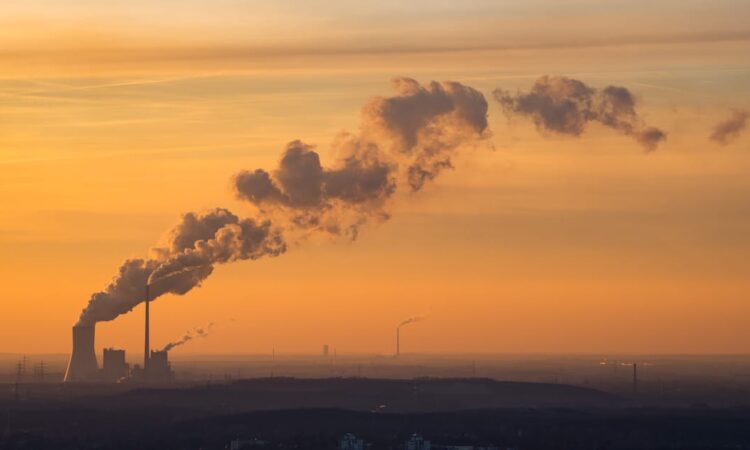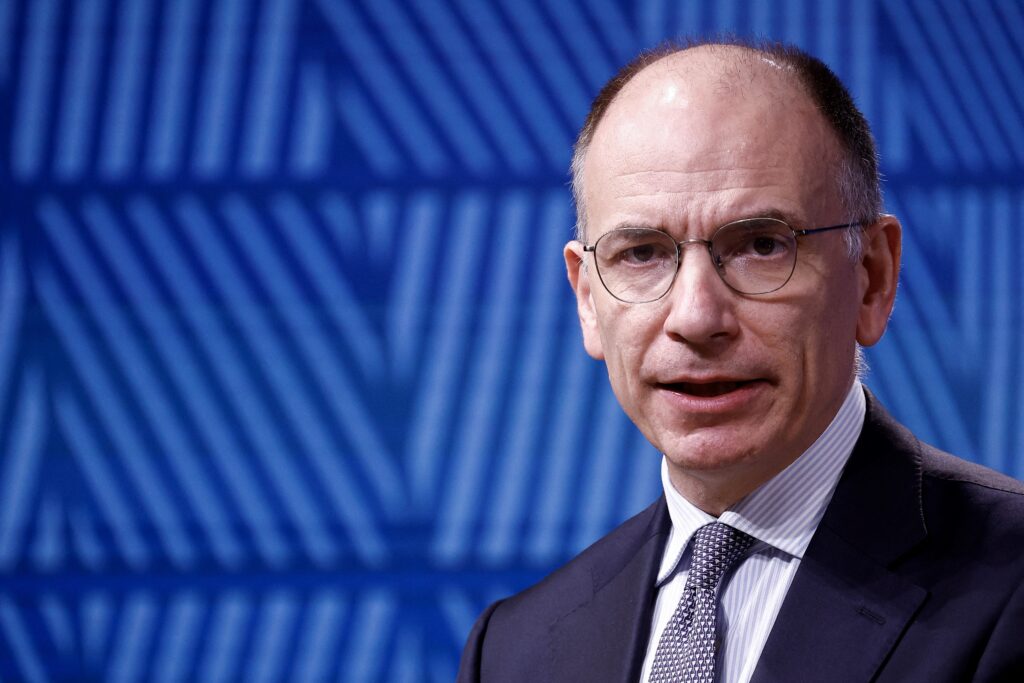
“The big risk is that we won’t have enough money at all for the green transition,” former Italian Prime Minister Enrico Letta told POLITICO before meeting leaders to deliver a report on EU competitiveness. He noted that there was little provision for the EU’s Green Deal after the bloc’s €732 billion pandemic recovery package ends in two years.
‘Impossible triangle’
That Green Deal, for much of the past four years the bloc’s central spending priority, is now competing for attention — and cash.
Ukraine is desperate for more financial and military support from its Western allies, as it is facing difficulties on the battlefield. With an American aid package stuck in the U.S. Congress and Donald Trump once again putting the U.S. security guarantee at risk, the pressure is on the EU to step up on defense.

But the European Commission, the EU’s executive in Brussels, also estimates that by 2030, Europe will need more than €1.5 trillion each year just to scrub the fossil fuel emissions from its energy and transport systems.
Even Europe’s largest economy, Germany, is seeking new revenue streams to fill budget holes.
“Europe is about to face a sort of impossible triangle,” said Simone Tagliapietra, a senior fellow at the Bruegel think tank in Brussels who specializes in energy and climate policy. “On the one hand, we want to accelerate the green transition and be competitive while doing that, on the other hand, we want to ramp up defense spending. And on the other hand, we want to be fiscally conservative.”






